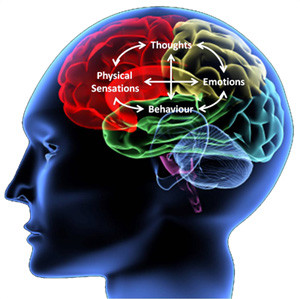

What is Cognitive Behavioral Therapy?
by Counseling and Wellness Center of PittsburghMarch 4, 2019 Behavior Therapy, CBT, cognitive behavior therapy, Cognitive behavior therapy near me, cognitive distortions, Cognitive therapy, maladaptive assumptions0 comments
Cognitive Behavioral Therapy, or CBT, is a common buzz word and psychological term, but what is Cognitive Behavioral Therapy? According to the Beck Institute, In clinical terms, it is a specific theoretical therapy that is used as a psychological treatment. Since its creation in the 1960’s by Dr. Aaron Beck, CBT has been proven to help reduce the symptoms associated with a range of...Learn More